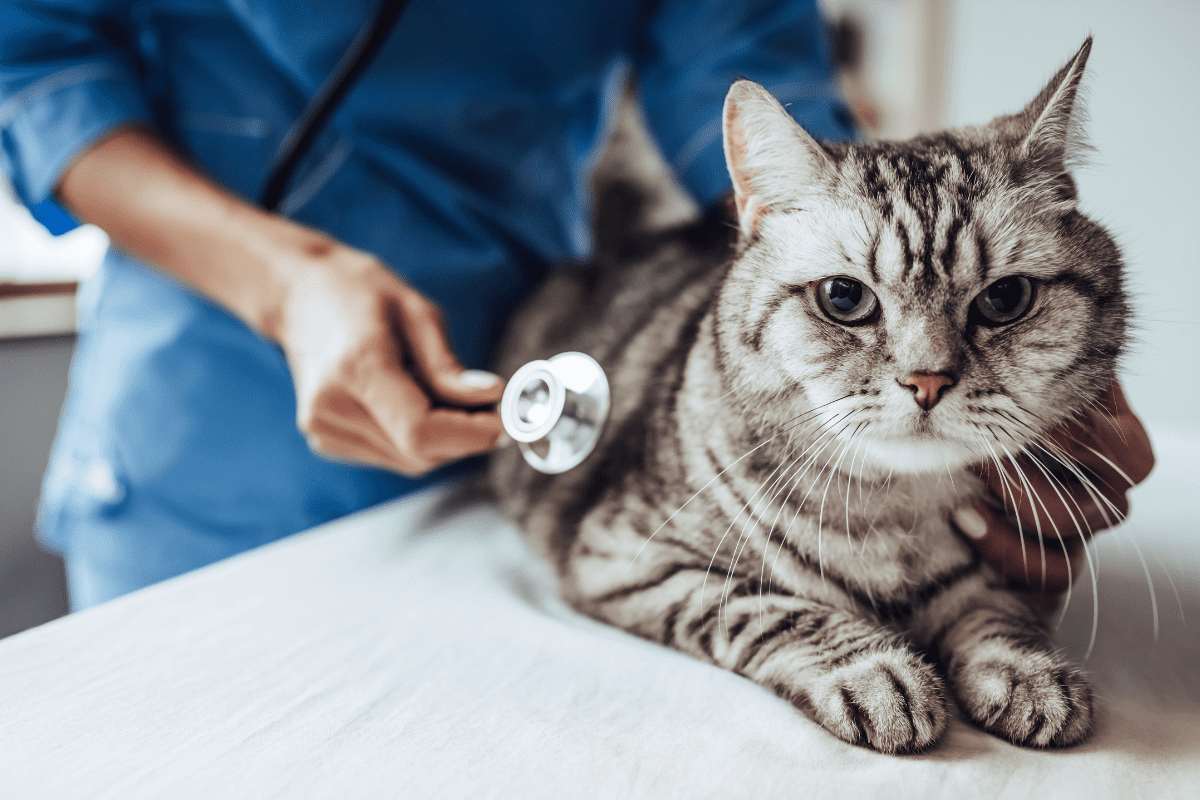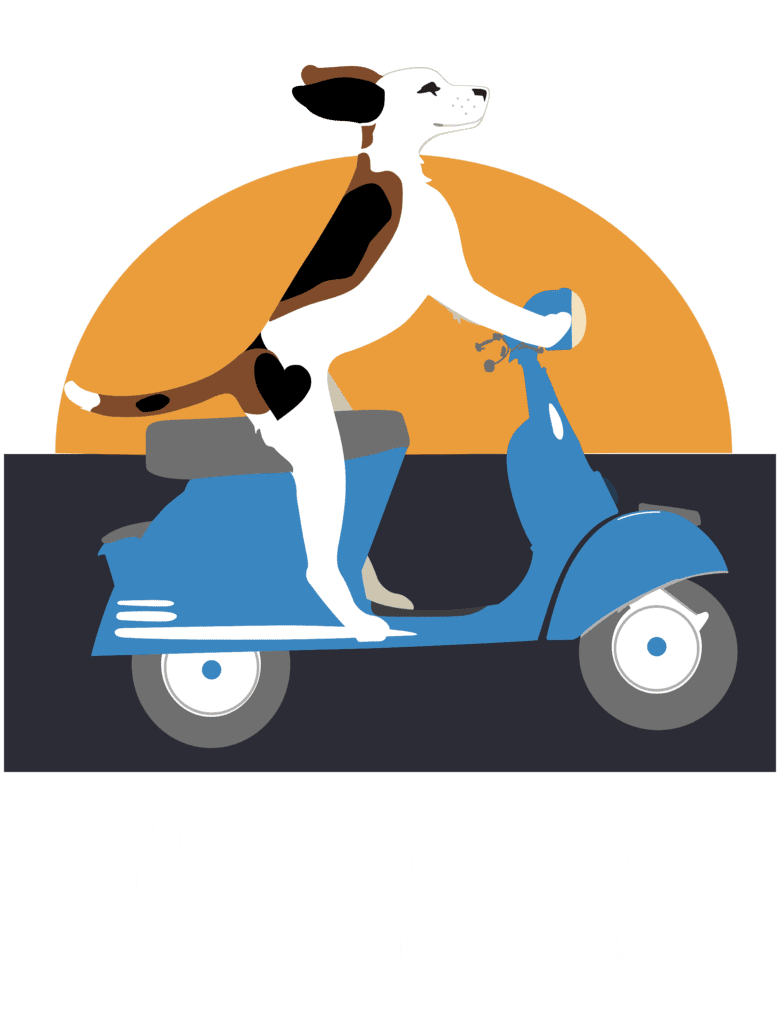For many pet owners, a trip to the vet is a stressful experience—for both themselves and their animals. Whether it’s a cat that hides at the sight of a carrier, a senior dog with limited mobility, or a multi-pet household juggling appointments, the process of getting to the clinic can sometimes feel harder than the check-up itself.
This has naturally led to a growing question among pet parents: Do vets make house calls? The short answer is yes—but with important nuances. At-home veterinary care is not new, but the reasons people are exploring it today are evolving. Convenience is only part of the equation. There’s also emotional well-being, access to care, and, in some cases, better diagnostics when pets are observed in their own environment.
At Metrovet Veterinary Clinic in Boston, we understand that every pet’s situation is unique. While our clinic is fully equipped for everything from preventive care to surgeries, we also recognize the value that home-based veterinary services can offer in specific situations.

What Is a Veterinary House Call?
A veterinary house call involves a licensed veterinarian coming to your home to provide medical care for your pet. This can include a range of services, from wellness exams and vaccinations to diagnostics, behavioral assessments, and even end-of-life care. Some mobile veterinarians travel with a technician and bring portable equipment, while others may offer more limited services.
While the idea might sound novel, house calls were the standard decades ago—especially in rural communities. What’s changed is how house calls are delivered today. They’re now an option for busy urban pet parents, elderly pet owners who can’t drive, or animals with high anxiety or special needs.
Why Some Pets Benefit More from Home Visits
Every pet is different. Some thrive in clinical environments. Others shut down or become reactive. Home visits eliminate the anxiety of car rides, strange smells, and unfamiliar animals. This is especially useful for cats, who often resist leaving the house and can mask symptoms under stress, making it harder to get accurate readings in-clinic.
Senior pets or those recovering from surgery also benefit. For example, a dog with arthritis or a recovering surgical patient may find even a short car ride physically taxing. Similarly, multi-pet households may find home visits more practical and less disruptive to their daily routine.
Beyond physical health, there’s a mental and emotional layer. Pets in their own environment behave more naturally, which can be critical when assessing behavior, chronic conditions, or environmental triggers such as allergens. A vet can observe the space—flooring, feeding setups, sleeping arrangements—and offer tailored advice that would be difficult to provide inside a clinical room.
What Services Are Typically Offered During House Calls?
This depends on the veterinarian and whether they are affiliated with a mobile practice, a brick-and-mortar clinic offering home visits, or an independent operation. That said, common services include:
- Wellness exams
- Vaccinations
- Blood work and sample collection
- Health certificates
- Chronic disease management
- Pain management
- Euthanasia and hospice consultations
Some mobile vets are equipped with diagnostic tools like ultrasound machines, but more advanced imaging, surgeries, or dental procedures generally still require a clinic visit. If your pet needs X-rays, specialized diagnostics, or surgery, a follow-up at a veterinary hospital is usually necessary.
Disclaimer: The information provided in this article is for general knowledge and educational purposes. Always consult a licensed veterinarian for diagnosis, treatment, or medical guidance tailored to your pet’s specific needs.
Is In-Home Care as Thorough as a Clinic Visit?
This is a common concern—and a fair one. A clinic has immediate access to a full range of diagnostic tools, support staff, and sterile environments for surgeries or procedures. But for many routine or non-emergency visits, a house call can be just as effective.
What it often lacks in equipment, it makes up for in context. When a veterinarian sees a pet at home, they gain valuable insights into the animal’s daily life. Is the litter box setup contributing to a cat’s urination issues? Is a dog struggling with joint pain because of slippery stairs? These are real-time environmental insights that can influence medical recommendations.
Veterinarians who offer house calls are skilled at working with what they have. They may perform manual exams, bring portable scales, or even run rapid tests with transportable kits. And if something more complex is discovered, they’ll recommend next steps that might include coming into the clinic or referring you to a specialist.

When House Calls Might Not Be the Right Option
There are limits to what can be done in a home setting. If your pet is experiencing a medical emergency—such as severe trauma, difficulty breathing, uncontrolled bleeding, or collapse—getting them to an emergency facility as quickly as possible is essential. Time-sensitive diagnostics, surgery, oxygen therapy, and intravenous treatments all require a controlled clinical environment.
Additionally, some pets may still resist examination, even at home. If a pet becomes aggressive or cannot be safely handled without sedation, a clinic setting may provide a safer space for both the animal and the care team.
And from a logistical standpoint, scheduling a home visit requires more time than a standard appointment. Vets can see more patients in a clinic than they can on the road, which may affect availability and costs.
What About the Cost of a House Call?
House call appointments typically carry a higher fee than clinic visits. This accounts for travel time, equipment transport, and the personalized nature of the service. However, for many pet owners, the trade-off is worth it.
There are savings in other areas too—like not needing a pet taxi service or taking time off work to coordinate multiple visits. For pets that require sedation or restraint in a clinic due to stress, avoiding that alone may reduce overall costs in terms of medication or added staff.
It’s also worth noting that some veterinary clinics bundle home visit fees when more than one pet is seen in the same household, making it more economical for multi-pet families.
The Future of Veterinary House Calls
The demand for personalized, at-home pet care has risen sharply in recent years—not just in response to convenience, but because pet owners are prioritizing quality of life for their animals. Telemedicine has grown alongside this, allowing vets to do virtual check-ins or follow-ups, which can complement in-home visits and extend care beyond the clinic.
As the veterinary field evolves, hybrid models are emerging. These combine mobile care with in-clinic resources, offering flexibility without compromising on medical standards. Metrovet’s approach is rooted in this balance—we deliver compassionate, high-quality care in a modern facility, but we also guide pet owners on the best care paths, whether that means a clinic visit or referring to trusted mobile partners when appropriate.
Final Thoughts
Yes, vets do make house calls—and when done under the right conditions, it can be a safe, effective, and deeply comforting option for pets and their families. It’s not a full replacement for in-clinic care, but rather an extension of it. Home visits can enhance the pet’s experience, allow for more natural assessments, and help pet owners feel more supported in their daily care routines.
If you’re considering whether a house call is right for your pet, the best step is to speak with your veterinarian. They’ll help you understand what can be managed at home and what truly requires clinical intervention. The ultimate goal—whether at your doorstep or inside an exam room—remains the same: to provide your pet with the best possible care.

